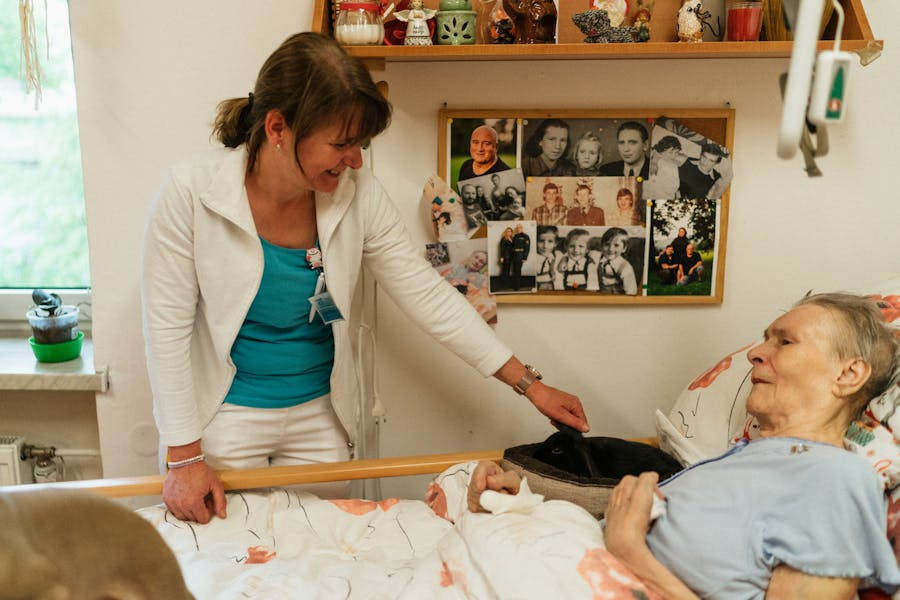Ways to Keep Dementia Away in Your Elderly Loved Ones Through Exercise
Turning regular physical activity into a daily routine, can help keep dementia away in your elderly loved ones through exercise, Have you ever felt that foggy feeling creep into your mind, making it harder to remember where you left your keys or the name of that movie you watched last week? It can leave us…






